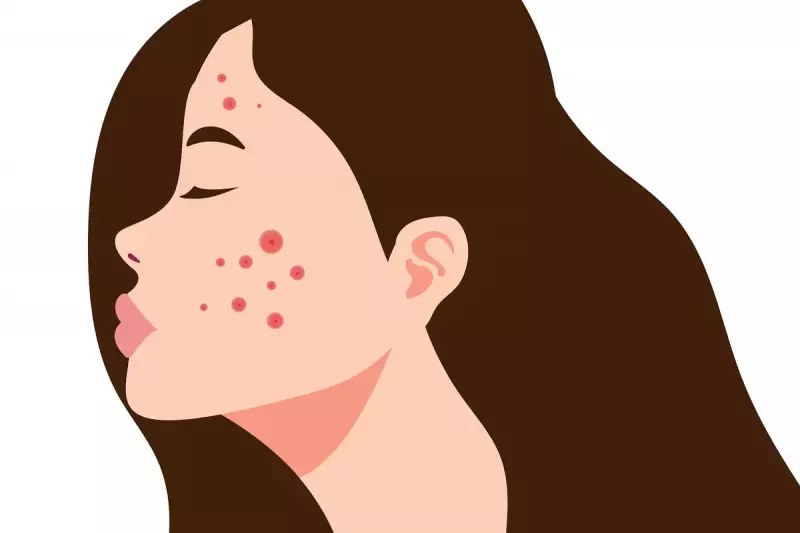
Forget the teenage stereotype – acne is increasingly becoming an adult burden across the UK, with millions struggling with persistent breakouts well into their 30s, 40s, and beyond. This isn't just about the occasional spot; it's a complex skin condition causing significant distress and frustration.
Why Are Adults Getting Acne?
Dermatologists point to a perfect storm of modern factors driving this surge in adult acne. Hormonal fluctuations, particularly in women, remain a primary culprit. However, they are now compounded by chronic stress, urban pollution, and modern diets high in processed sugars and dairy.
"We're seeing a dramatic shift," explains a leading London dermatologist. "Patients are no longer just teenagers. It's professionals in their prime, new mothers, and even perimenopausal women. The psychological impact is profound, affecting self-esteem and social confidence."
Beyond the Drugstore: Professional-Grade Solutions
While over-the-counter products can help mild cases, stubborn adult acne often requires a more sophisticated arsenal.
1. Prescription-Strength Topicals
Dermatologists frequently prescribe retinoids like tretinoin or adapalene, which work by accelerating cell turnover and preventing pores from clogging. For inflammatory acne, combinations with azelaic acid or antibacterial agents like clindamycin are highly effective.
2. Hormonal Therapies
For women with hormonally-driven acne along the jawline and chin, treatments like the combined oral contraceptive pill or spironolactone can be game-changers by regulating androgen levels.
3. Advanced In-Clinic Procedures
Modern dermatology offers powerful in-clinic solutions:
- Chemical Peels: Using salicylic or glycolic acid to deeply exfoliate and clear pores.
- Laser and Light Therapy: Targets acne-causing bacteria and reduces sebum production.
- Steroid Injections: Rapidly reduces inflammation for large, painful cysts.
The Lifestyle Factor: Your Daily Routine Matters
Professional treatment works best when supported by smart lifestyle choices:
- Simplify Your Skincare: Avoid harsh scrubs. Use gentle, non-comedogenic cleansers and always moisturise.
- Dietary Awareness: Consider reducing dairy and high-glycemic foods. Some find supplements like zinc helpful.
- Stress Management: Prioritise sleep and exercise, as cortisol spikes can directly trigger breakouts.
The key takeaway? If your acne is persistent and causing distress, consulting a dermatologist or GP is the most crucial step. They can provide a accurate diagnosis and create a personalised treatment plan that addresses the root cause, not just the symptoms, finally leading to clear, healthy skin.





